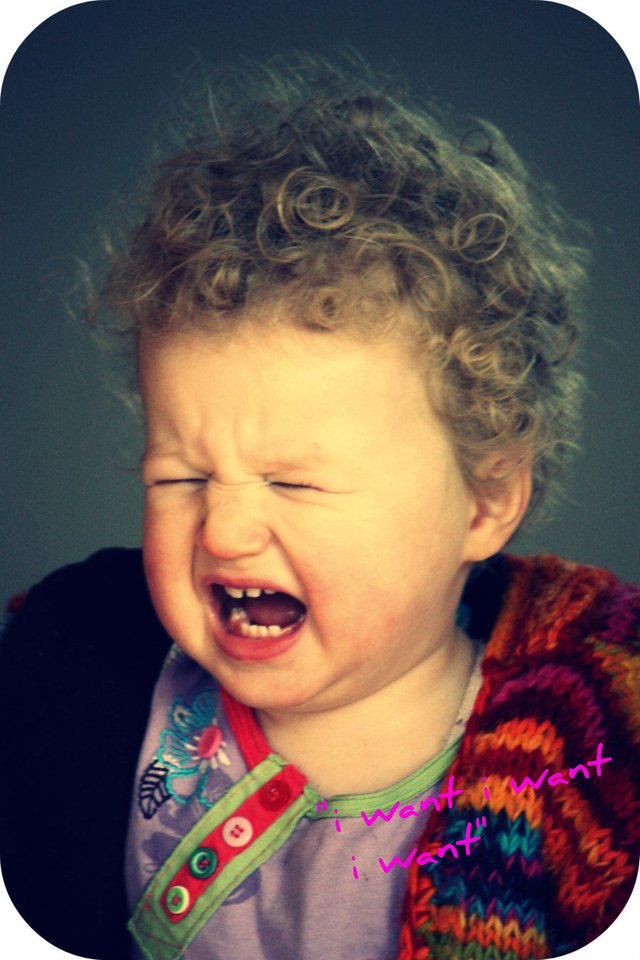I wrote this article for YourKidsEd the other week and thought I would share it here as well. Be sure to jump on over and check out some other fabulous reads, giveaways and info.
********
Teaching emotional intelligence for children is that little thing about teaching children about feelings and emotions.What is emotional intelligence you ask? It is the ability to identify, access and manage the emotions of one’s self.
Little E is nearly two – sigh. She is two in April. I watch her every day and ask myself how she grew up so quickly? It was only yesterday that she was this little tiny bundle so helpless, so reliant on me and so dependent on me.
Now… well, Little Miss wants to do everything on her own. Her shoes, her clothes, her hair, her breakfast, right down to what pair of socks she is going to wear. She is at that age where she is discovering her little mind for herself and wanting to explore her own boundaries and limitations. Mine too at that.
She is at that funny age where she thinks she is years ahead of her 22 months and thinks she can have everything her way, with no limitations, no boundaries, no NO’s. As she is not fully able to communicate she is getting frustrated. She knows what she wants but can’t express it. She feels something, but can’t express it. She is not yet able to tell me what she is feeling.
We talk of happy and sad with our children. Or maybe feelings of anger. But she is frustrated! Frustrated that she can’t have her way. Frustrated she can’t communicate. Frustrated that her mother does not understand. And just generally frustrated.
At two she does not yet have the skills to self regulate her emotions. She does not have the skills to understand, let alone know how to process her feelings. She is still reliant on her parents. And not being able to communicate makes it 100 times harder.
Children of all ages experience emotions differently. Toddler, preschooler, school aged, as parents we need to help them understand, process and cope with the range of emotions that they experience. What we may think as a tantrum or argument between siblings may in fact be a reaction and outburst to the frustration, uncertainty, and somewhat nervous feelings our children experience.
Emotional development in children encompasses the feelings and emotions that are experienced through the many stages of life. Teaching them about emotions is a vital step in helping them understand, regulate, and ultimately cope with life’s ups and downs.
Our instant reaction may be to yell a little in our own frustration or ask our children to stop fighting. However what may be a better response is to ask each child to have some “time out”, calm down, acknowledge their feelings of frustration and anger and then help them process this feeling once they have calmed down.
“I know you are a little frustrated. I can see you are frustrated. I can see you are also a little angry. Let’s calm down and then we can talk about it,” could be something we say to our children in the midst of a sibling rivalry.
We need to stop, think and listen to our children. Not jump to our own immediate reaction and give in to our own frustrations. Parents need to communicate emotions and feelings to their children regularly while similarly think about their own emotions and how they process them. Parents are role models in every way. How you cope with anger, frustration, anxiety and sadness are very examples to our children of how to cope. Feelings need to be acknowledged, and need to be heard.
How do you cope with frustration?
How do you help your children cope with their feelings?
Like what you have just read? Don’t miss a post and sign up to The Parenting Files via email, RSS or the monthly newsletter, which has extra goodies by the way.
And don’t forget to enter the fabulous giveaway where you can win a Then Came You by Jennifer Weiner! Get in quick as it is ending on the 13th April 2012






